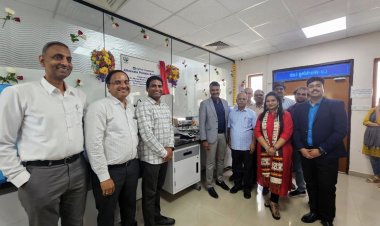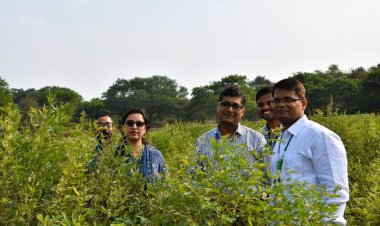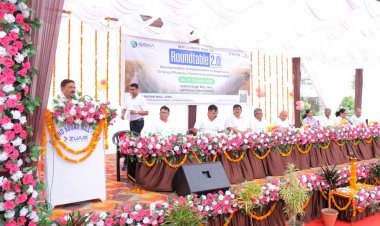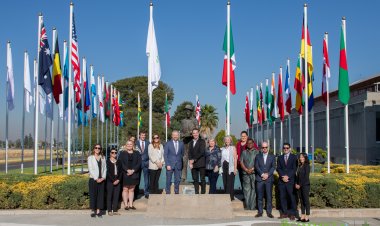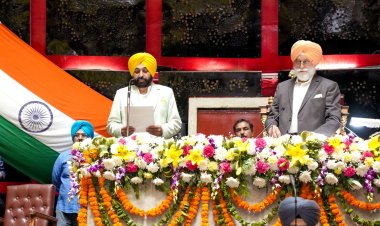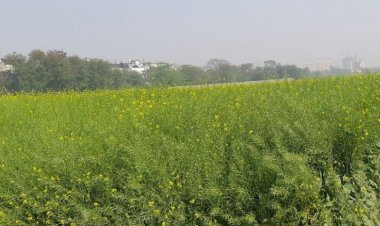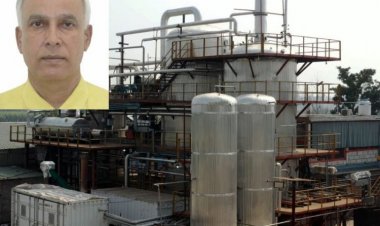Make in India: IIT Kanpur develops low-cost E. coli testing kit
The kit is easy to use, and false-positive results are rare as it is specific to E. coli bacteria. It has lower cost and higher accuracy as well as technological advantages over similar currently available kits in the market.
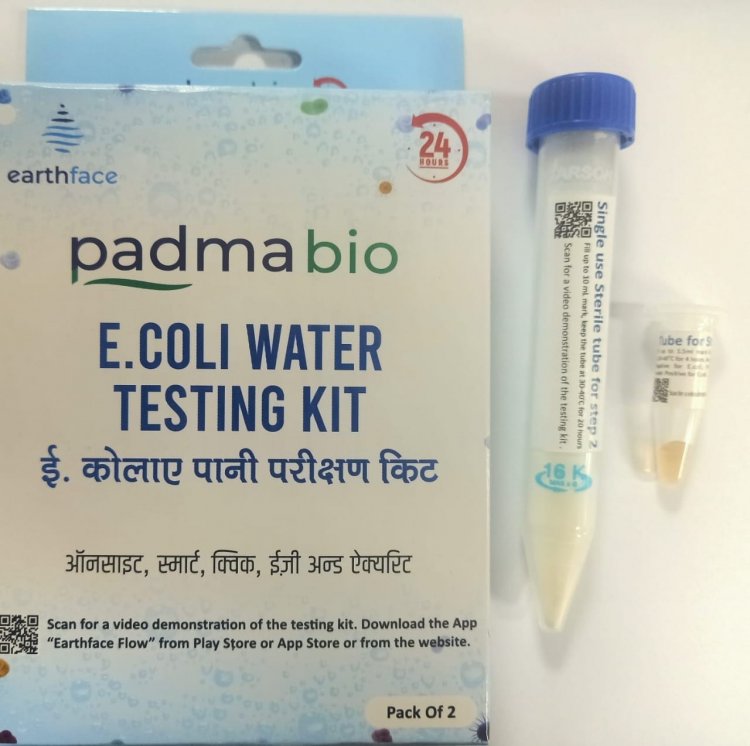
Lucknow
Furthering the Make in India vision, a team of Indian Institute of Technology (IIT) Kanpur researchers has developed an enzyme-substrate medium-based E. coli (Escherichia coli) water testing kit.
The team was led by Prof Indra Sekhar Sen from the IIT Kanpur Department of Earth Science. The E. coli testing kit trials were successfully conducted and validated in the state of Odisha.
The E. coli kit was developed with the support of the Jal Jeevan Mission, and it also won the National Jal Jeevan Mission’s Innovation Challenge for Developing Portable Devices to Test Drinking Water Quality.
The kit is easy to use, and false-positive results are rare as it is specific to E. coli bacteria. It has lower cost and higher accuracy as well as technological advantages over similar currently available kits in the market.
It will soon be available across e-commerce platforms and the Government e-Marketplace (GeM) portal, and would cost Rs 199 for a pack of two E. coli kits.
“The E. coli water testing kit will be a boon when it comes to tackling water contamination. The low-cost and higher-accuracy nature of the product will give it the required advantage over its peers in the market and will be a benchmark for the Make in India initiative,” IIT Kanpur Director Prof Abhay Karandikar said.
The test is conducted using pre-prepared vials filled with chemicals and a chemical-infused gel for 24 hours before reading. The methodology uses a growth medium specific for E. coli and the detection of a marker enzyme produced by the bacteria.
A visual colour change from the enzyme-substrate interaction and a simple method thereof determines the presence or absence of bacteriological contamination in drinking water.
The kit detects biomarkers secreted only by E. coli bacteria and will not change the colour in presence of other commonly found bacteria in tropical soil or water.
This test, therefore, does not yield false positives depending on the type of water source and the natural presence of bacteria in tropical soil.



 Join the RuralVoice whatsapp group
Join the RuralVoice whatsapp group


















